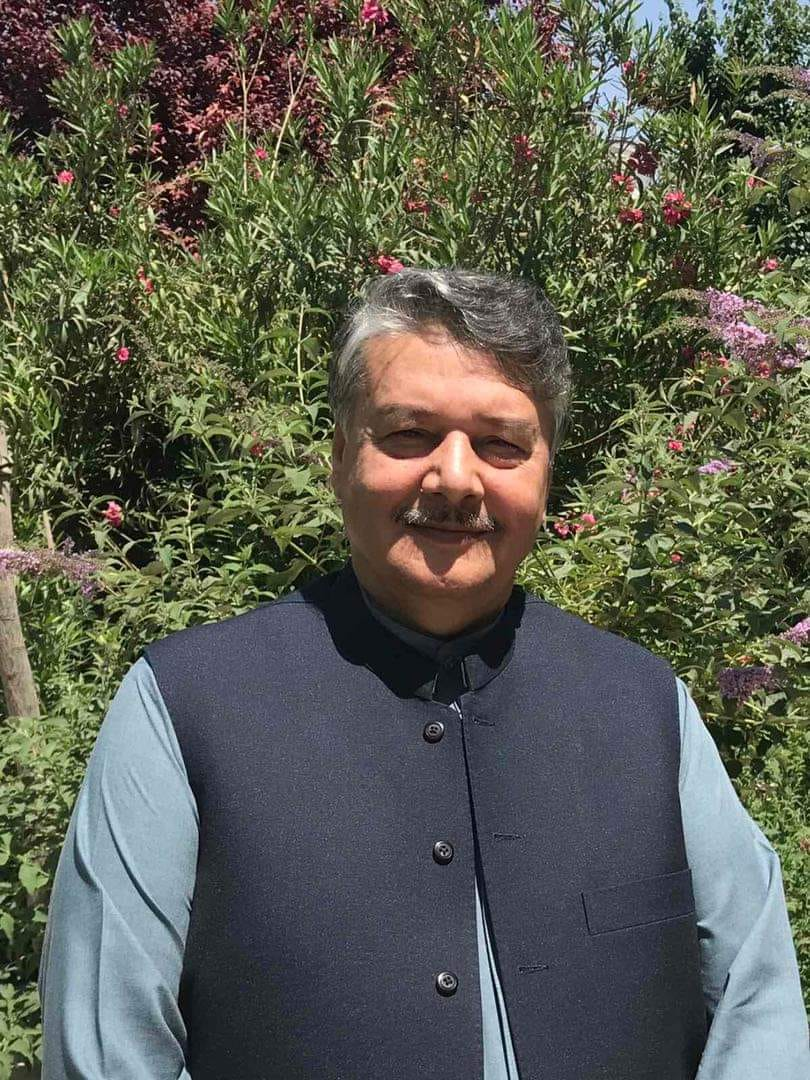RASC News Agency: General Abdul Malik Shams, the leader of the Freedom Party of Afghanistan, has firmly opposed the Taliban’s initiative to establish a migrant settlement in Faryab province, denouncing the move as an act of “forced relocation” and “land seizure.” The prominent ethnic Uzbek political figure from northern Afghanistan warned that the resettlement of migrants most of whom, he claims, are Pakistani nationals poses a significant threat to the region’s security and social stability. In a statement posted on his X (formerly Twitter) account, General Abdul Malik criticized Abdul Salam Hanafi, the Taliban’s ethnic Uzbek deputy prime minister, for supporting the project, asserting that such endorsement undermines Hanafi’s political credibility and exacerbates the hardships faced by the people of Faryab.
General Abdul Malik added that the residents of Faryab and other northern provinces have voiced their concerns over the Taliban’s resettlement plans, expressing their opposition both publicly and privately. Proposing a practical solution to the crisis, General Abdul Malik suggested that the migrants should be repatriated to their ancestral homelands. He recommended that the Taliban provide financial assistance, engineering services, and interest-free loans to facilitate the return and reintegration of these displaced individuals. He also called on the international community and Afghanistan’s northern neighbors to support a peaceful resolution, warning that forced relocations and land expropriations have historically led to humanitarian disasters and the collapse of governing regimes.
General Abdul Malik stressed that the Taliban must learn from the painful lessons of history.
He warned that the unlawful seizure of ancestral lands would deepen ethnic and linguistic divisions, and reminded that Afghanistan’s diverse ethnic groups have consistently resisted foreign and imposed domination throughout history. In his recent statements, General Abdul Malik has been particularly outspoken in criticizing the Taliban’s ethnic policies, especially their attempts to alter demographic balances in the north through forced population transfers.
His opposition to the Taliban stretches back to the 1990s. Following the Taliban’s military advances in southern and eastern Afghanistan, General Abdul Malik emerged as one of the leading commanders resisting their expansion into the north. Although in 1997 he temporarily reached a tactical agreement with the Taliban and handed over the city of Mazar-i-Sharif, he soon rebelled and delivered a heavy defeat to the group. Since that time, General Abdul Malik has consistently characterized the Taliban as a fundamental threat to ethnic justice and the rights of northern Afghanistan’s communities, maintaining a firm and uncompromising stance against their policies.






